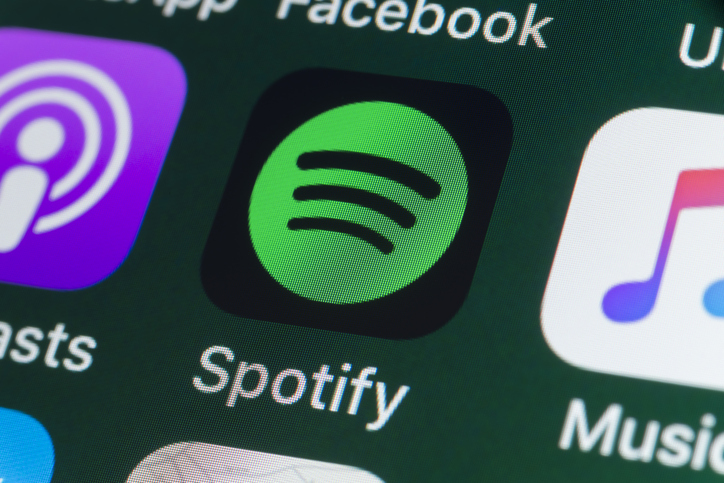The music industry is undergoing a profound transformation, driven in large part by artificial intelligence (AI). As of 2025, AI-powered technologies are reshaping how music is composed, produced, and experienced, opening new creative possibilities for artists and changing the relationship between musicians and their audiences.
AI as a Creative Partner
One of the most exciting developments is AI’s role as a creative collaborator rather than just a tool. Musicians and producers are increasingly using AI algorithms to generate melodies, harmonies, rhythms, and even lyrics. Unlike traditional software that requires manual input for every note, modern AI can analyze vast datasets of music to produce original compositions or suggest ideas that artists can refine. This dynamic partnership allows musicians to explore sounds and structures they might not have imagined on their own.
For example, AI platforms like OpenAI’s Jukebox and Google’s MusicLM can generate music in various genres and styles, helping artists jumpstart projects or break through writer’s block. This technology lowers barriers for emerging musicians who may lack extensive training, enabling a broader range of voices to create and share music.
Personalized Listening Experiences
Beyond creation, AI is also transforming how fans engage with music. Streaming services are using machine learning to analyze listening habits and moods, curating personalized playlists and recommending songs tailored to individual tastes. As AI becomes more sophisticated, these recommendations grow more intuitive, helping listeners discover new artists and genres that resonate deeply with them.
Some platforms are experimenting with interactive music experiences powered by AI. Listeners can adjust the tempo, instrumentation, or even mood of a track in real-time, customizing songs to their preferences. This level of personalization is unprecedented, blending creativity with user agency.
Ethical and Artistic Considerations
While AI’s creative potential is vast, it also raises important questions. Some artists and critics worry about authenticity and the role of human emotion in music. Can AI-generated compositions carry the same emotional weight as those born from human experience? Moreover, there are concerns about copyright and ownership when AI generates content based on existing works.
The industry is actively discussing these issues, seeking ways to balance innovation with respect for artistic integrity. New frameworks are emerging around licensing and crediting AI-assisted creations to ensure transparency and fairness.
Looking Ahead: AI and Music’s Future
As AI continues to evolve, it promises to democratize music creation even further. It may enable entirely new genres, collaborative models, and interactive concerts that blend live performance with AI-generated elements. Musicians who embrace AI as a partner stand to expand their creative horizons and connect with audiences in novel ways.
In essence, AI is not replacing artists—it’s augmenting their abilities, expanding what’s possible, and inviting a new era of musical exploration. The soundscape of tomorrow will be shaped by this powerful fusion of human creativity and artificial intelligence.




